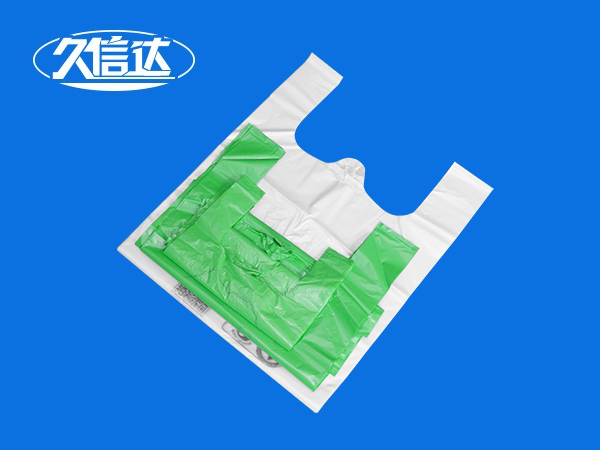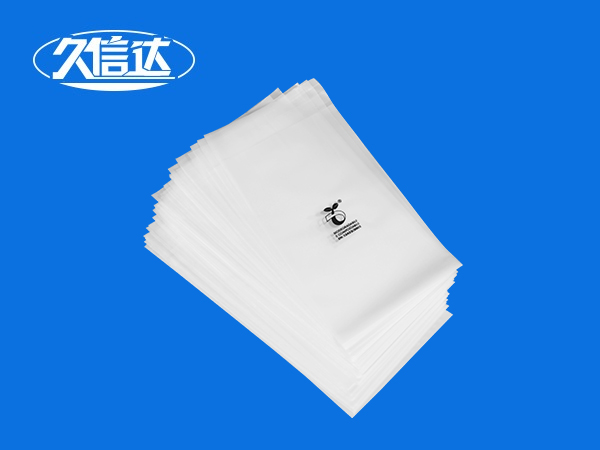Industrial compost is an organic soil conditioner obtained by biological decomposition of mixtures. The mixture is mainly composed of plant residues, and sometimes also contains some organic materials and certain inorganic substances.
The raw materials for composting can be organic solid wastes in urban and rural areas, such as agricultural crop stalks, farming manure in rural areas, urban domestic waste, kitchen waste, municipal sludge, and food industry waste residue.

Composting, a treatment method for producing compost, is to use microorganisms that are widespread in nature to control the biochemical process of transforming degradable organic matter in solid waste into stable humus.
Composting can be divided into aerobic composting and anaerobic composting according to the process of microbial growth and whether it is oxygenated. Aerobic composting is the process of decomposing organic matter in the presence of oxygen. The final product is CO2, H2O, and heat. And humus, anaerobic composting is under anaerobic conditions, anaerobic microorganisms degrade organic matter into CH4, CO2, H2O, heat and humus.

Generally speaking, composting refers to aerobic composting. Industrialized composting refers to the process in which microorganisms degrade solid and semi-solid organic substances in aerobic medium or high temperature under controlled conditions to produce stable humus.
The general cycle is 180 days, but with the changes in aerobic composting technology, the shortest time is 30 days or even shorter. Household composting refers to the aerobic composting process that mainly uses household kitchen waste or garden waste to produce compost for home use. Household composting takes longer than industrial composting, but generally it does not exceed one year.
Whether it is industrialized composting or household composting, the organic waste handled should have the following characteristics: a) Biodegradability (that is, the original biodegradability of the material); b) Disintegration performance during the composting process; c) No Have an adverse effect on the biological decomposition process; d) Have an adverse effect on the final compost quality, such as: excessive amounts of harmful elements.






